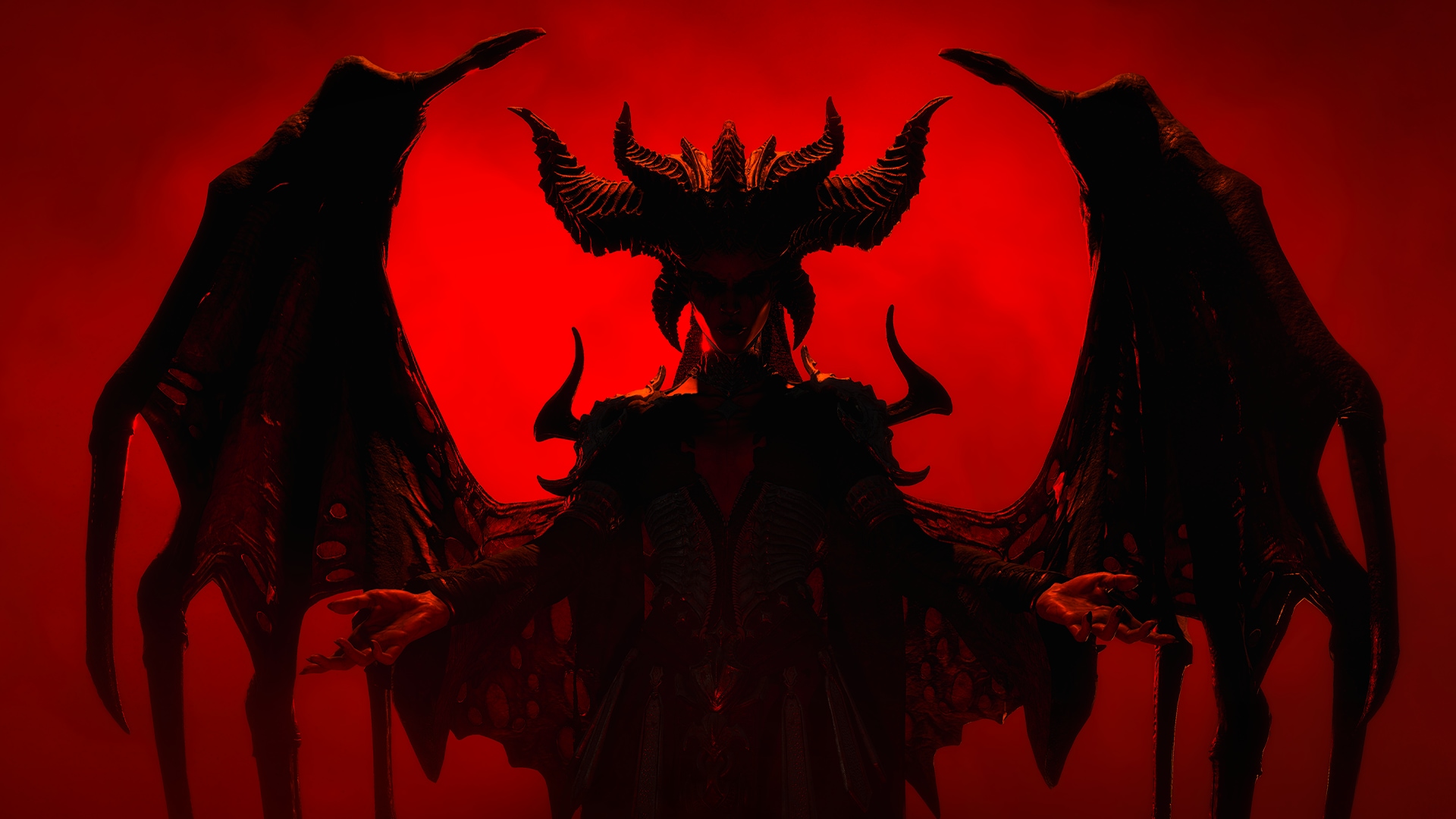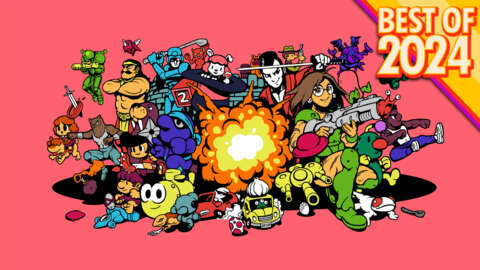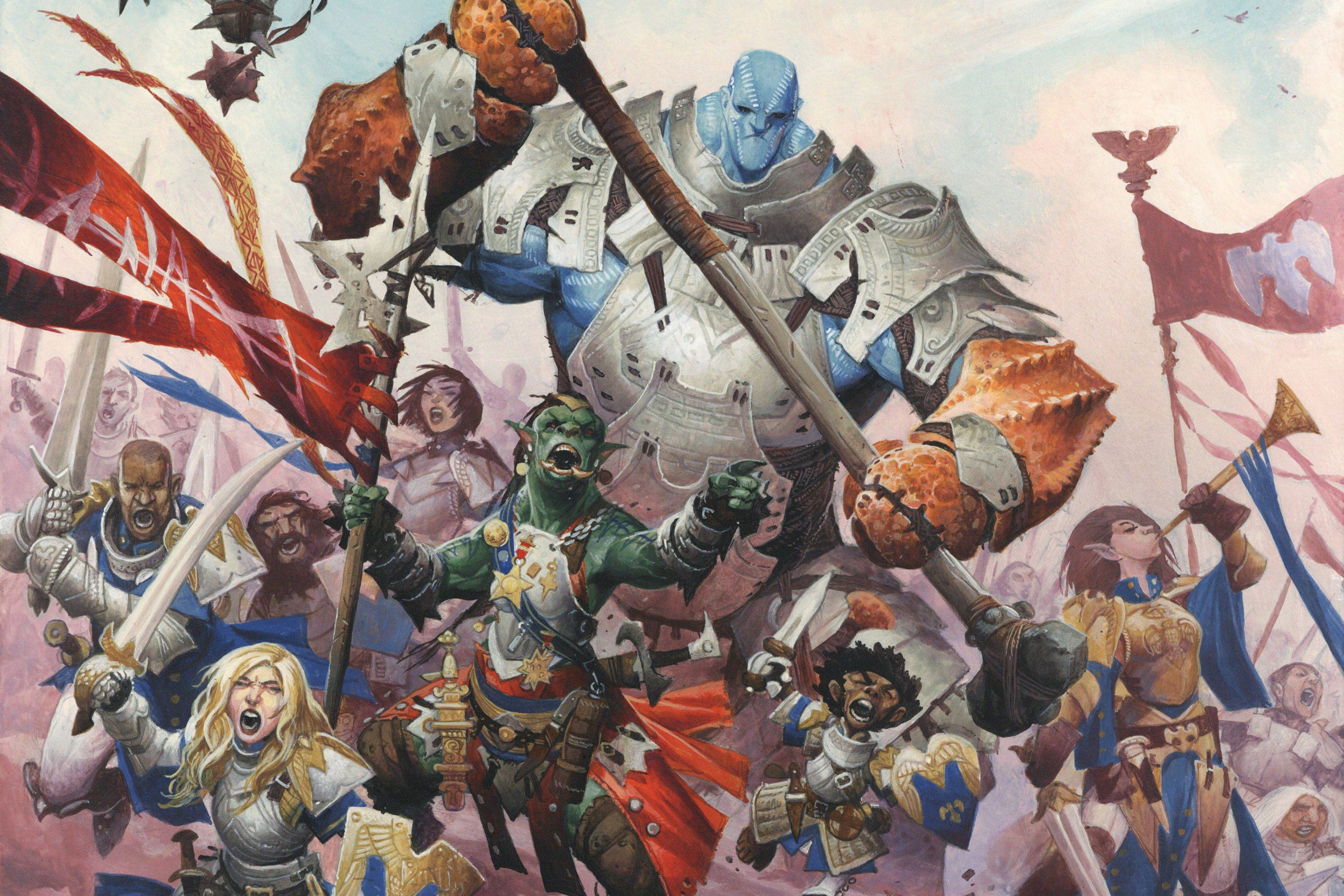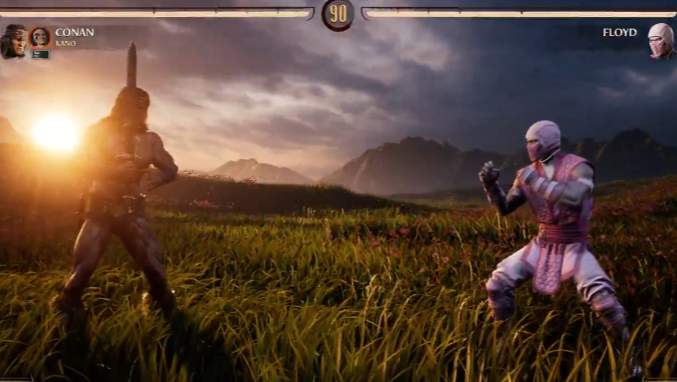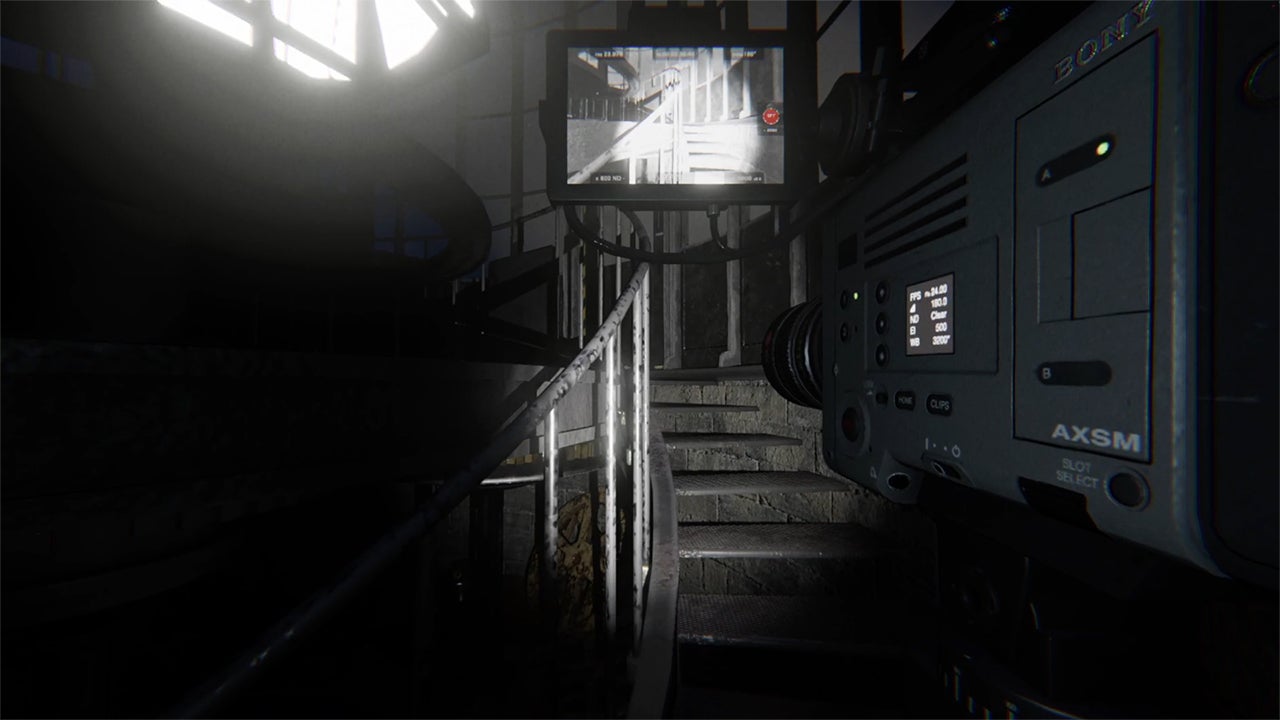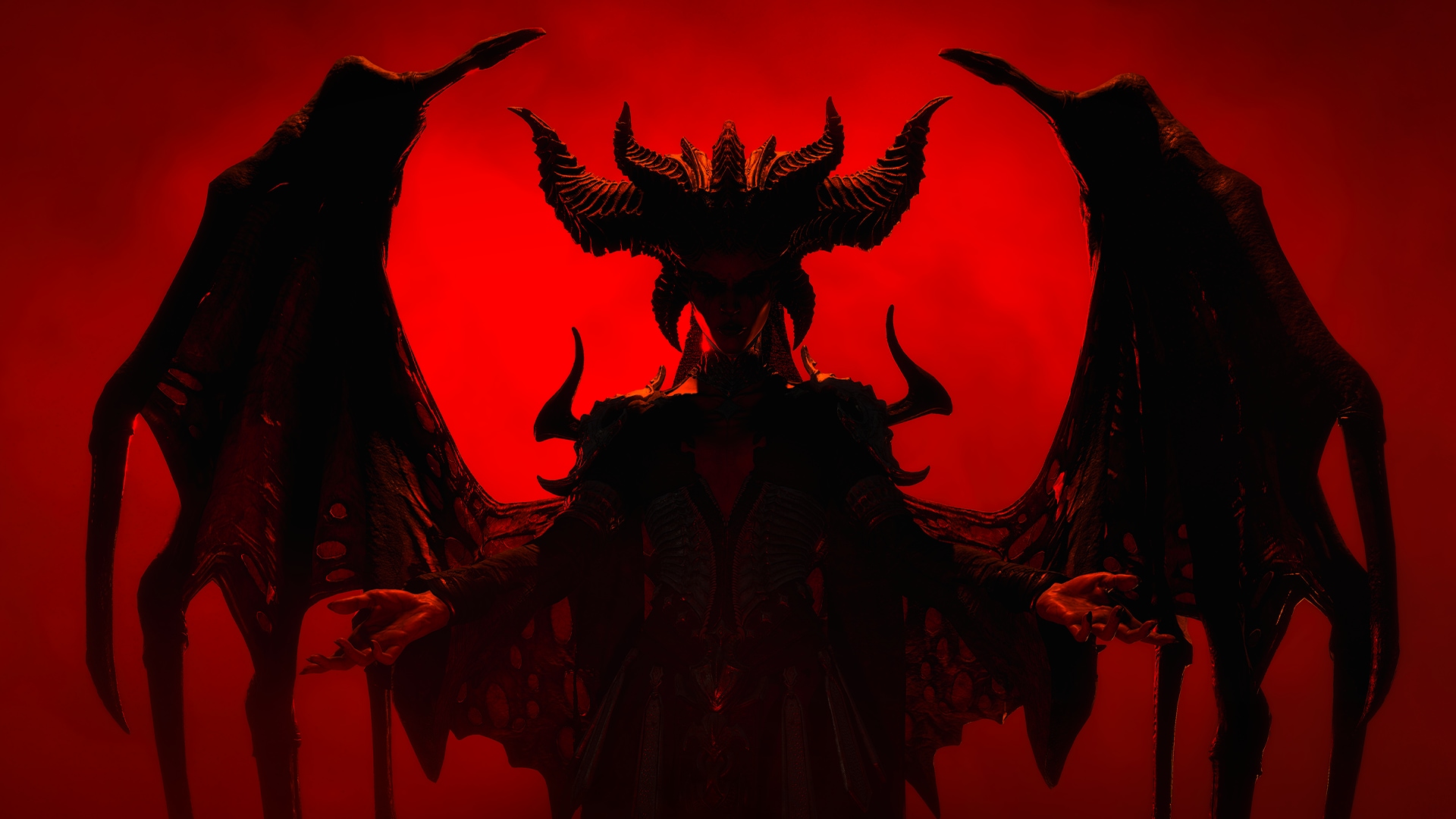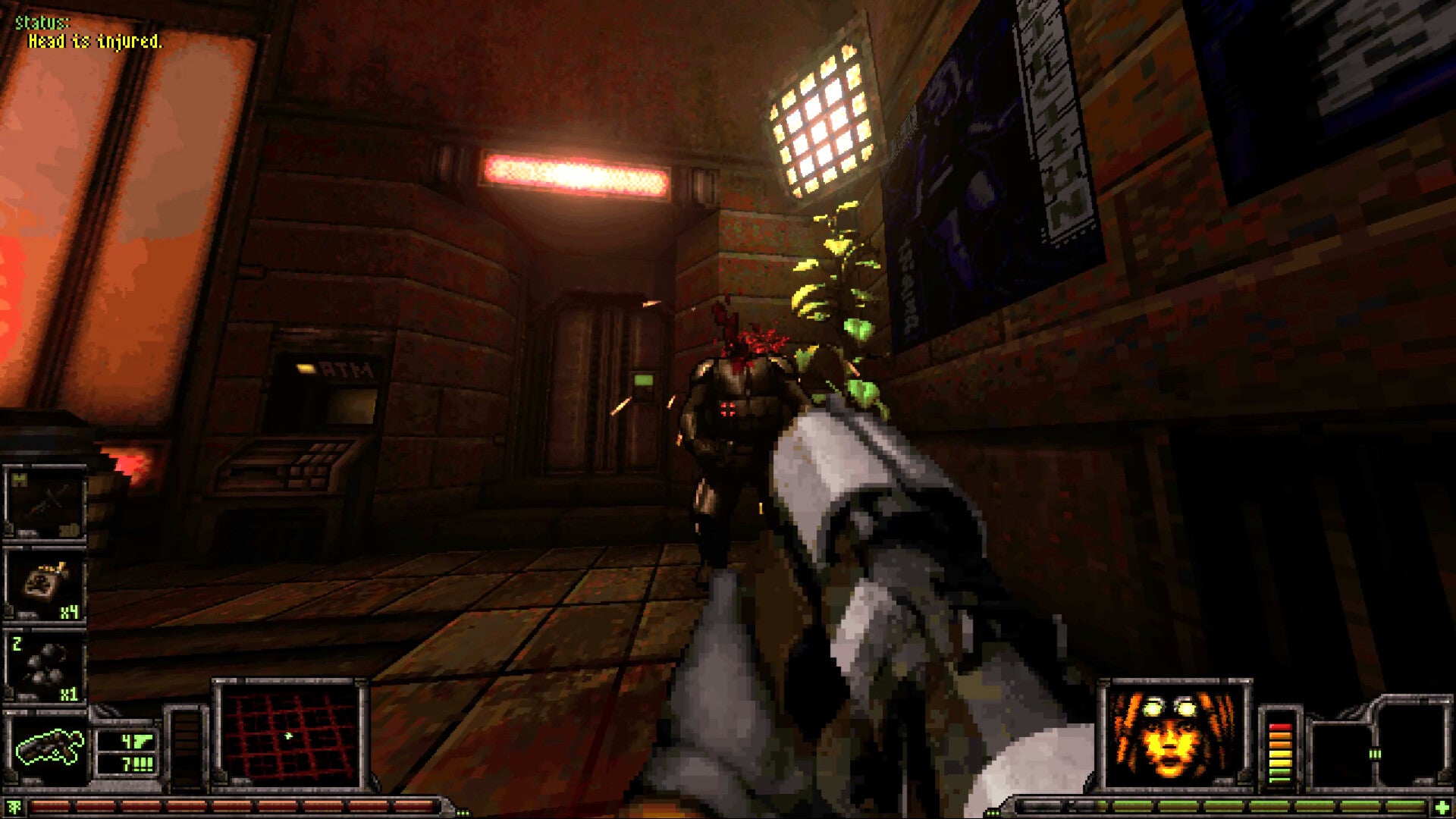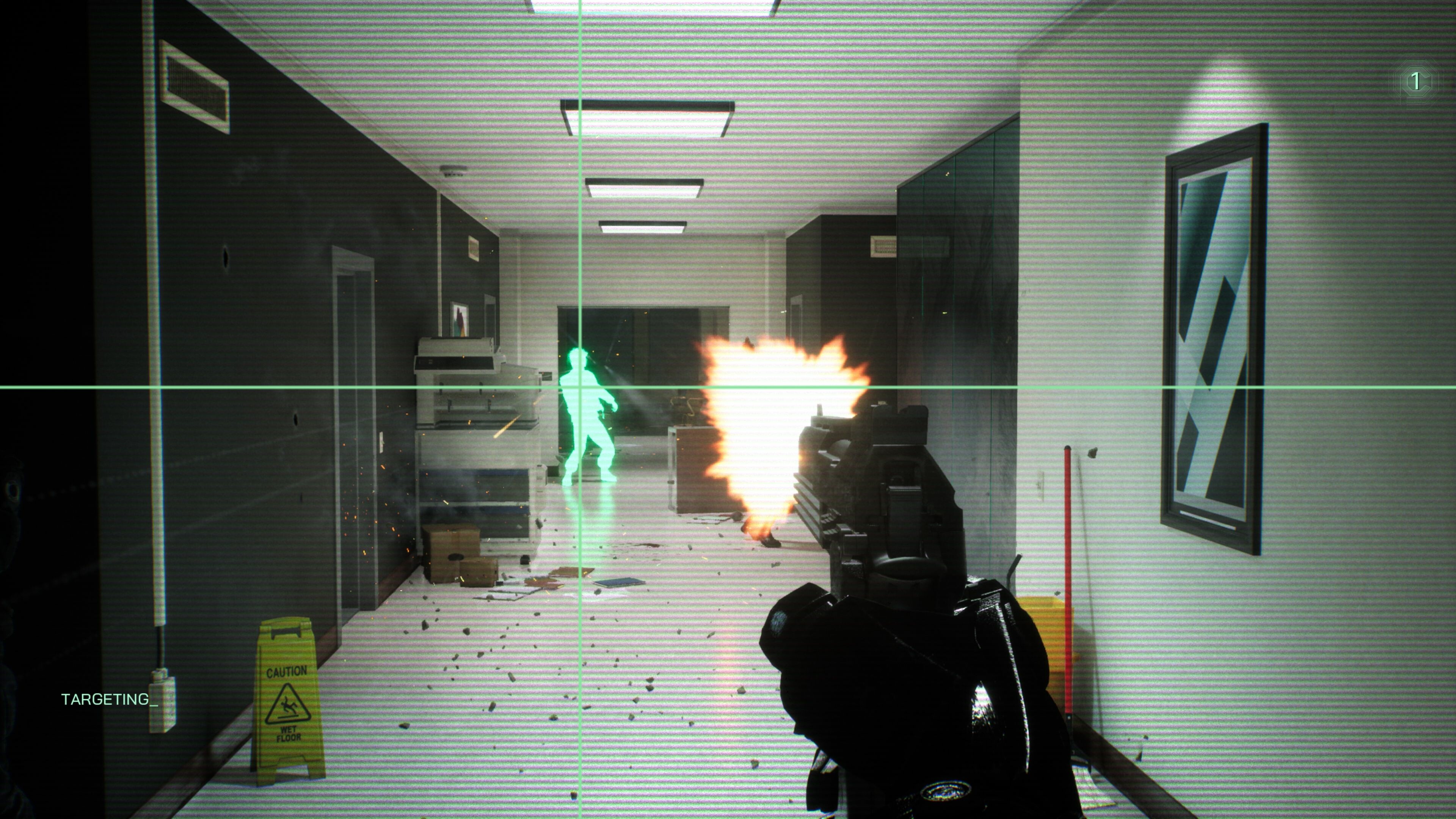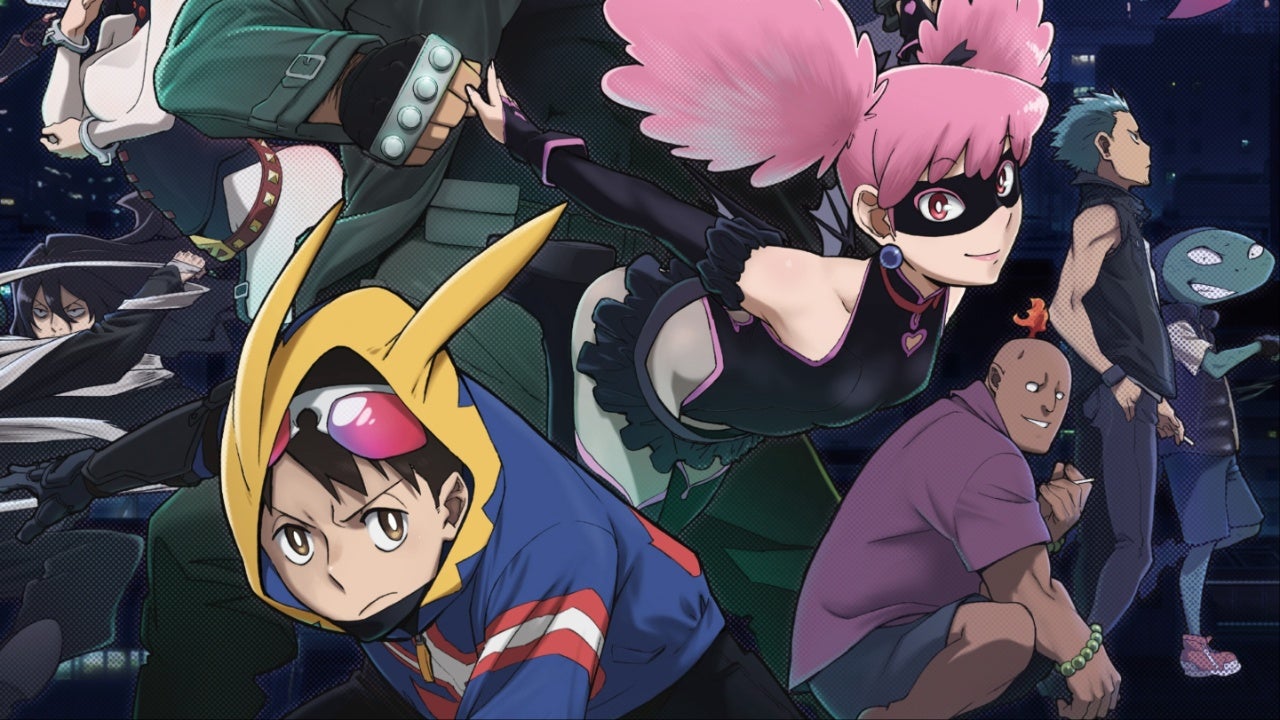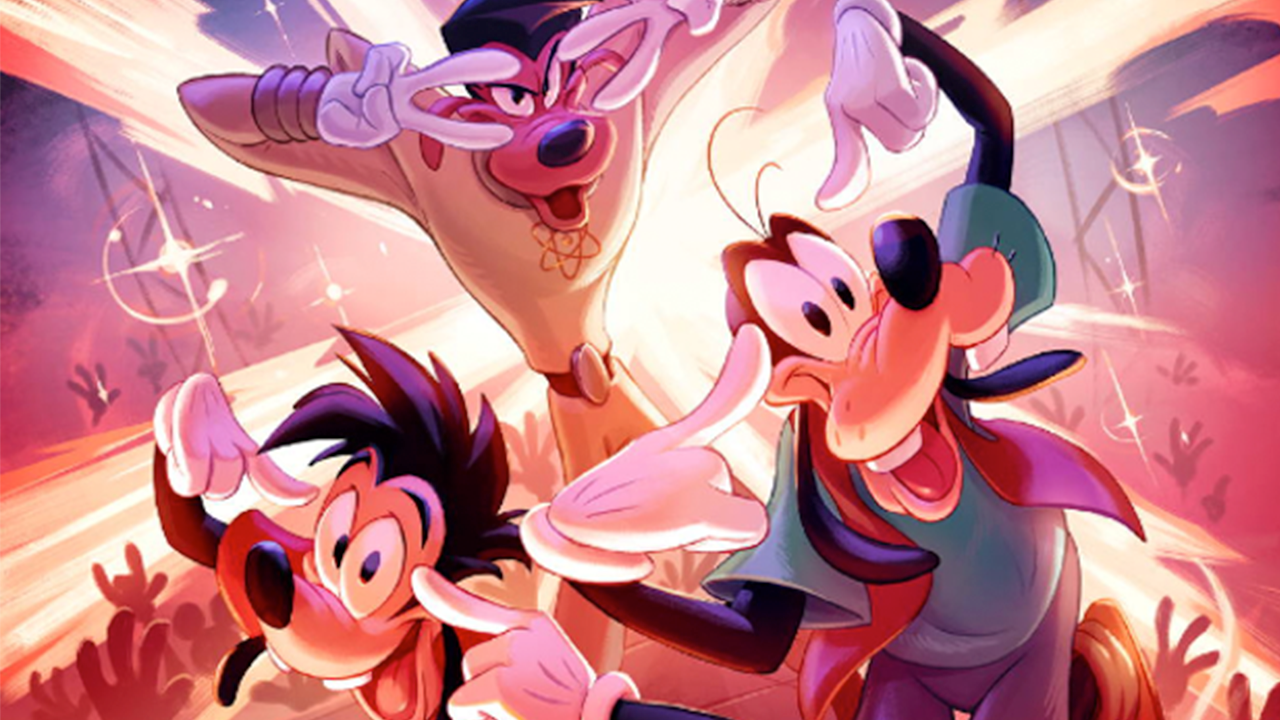
Live-service gaming is in a difficult, transitional moment. Even as the sector consumes more and more millions of player hours, successful new launches are few and far between, and the frequency of shutdowns has increased. Franchises like Destiny and Overwatch have pivoted to free-to-play models in an attempt to keep their player numbers buoyant, and premium live-service games — that is, games with a full purchase price, as well as some intention to monetize players over the long term — are a dying breed.
2024 saw two dramatic, high-profile failures in premium live service. Rocksteady’s Suicide Squad: Kill the Justice League flopped to a $200 million loss for WB Games, while Sony’s even more expensive Concord so failed to strike a chord with players that it was unceremoniously turned off after just a few weeks. (Sony did have a live-service hit in the form of Helldivers 2, but judging from the publisher’s marketing efforts on the two games, Helldivers was seemingly not one that Sony higher-ups expected — or maybe even wanted — to take off.)
Yet Blizzard’s 2023 release Diablo 4 is a certified hit, with big sales, a strong expansion in 2024, and apparently an avid audience. How did it buck the trend? For Rod Fergusson — the famed Gears of War producer turned general manager of the Diablo franchise — it’s because Blizzard didn’t set out to make a live-service game. The studio simply set out to make a Diablo game, but Diablo’s breed of action role-playing game essentially demands that it be a live-service game.
An ARPG is inherently a live service. The question is what you do about it
Rod Fergusson
“I go back to the genre,” Fergusson told Polygon in an interview conducted in November. “Early on, there were these conversations. […] Is Diablo 4 a live-service game, or should we roll credits and call it? And I was like, look, when you look at Diablo 3 and the millions of people that showed up every season, whether you want it or not, an ARPG is inherently a live service. The question is what you do about it.”
For Fergusson, live service is an opportunity to constantly refine and rebuild a game, but only if the audience demand to keep playing emerges naturally from the game design. “To me, when you’re a Diablo-like, […] people are going to look to play through the campaign, but then they’re going to look to play what I call the hundred- or the thousand-hour game. They want to be able to continue this progression, they want to have the power fantasy, they want to go back to it over and over again.” This is what creates the space for the developers to keep feeding new ideas in the game to keep it fresh. “That was one of the things that was great,” Fergusson said. “It wasn’t this sort of fait accompli where we’re like, ‘It’s in the box and we’re done.’ We’re going to have the ability to improve Helltide. We’re going to have the ability to add the Pit, we’re going to have the ability to try the Gauntlet.”
There’s a simple lesson here for game publishers: Don’t force it. When Suicide Squad was previewed, players commented immediately that the game seemed an odd fit for a live-service framework; it didn’t flow naturally from the game’s storyline or genre. Concord belonged to a suitable genre — it was a hero shooter — but it appeared to have been made to satisfy a publisher’s demand for a live-service game, rather than players’ demand for an alternative to Overwatch. The game concept hadn’t come first.
Conversely, Diablo 4 worked because people wanted a new Diablo game, and they wanted to play it for hundreds of hours. It’s like a reversal of the classic line from Field of Dreams: not “If you build it, they will come,” but “They will come… so you’d better build it.”
Source:https://www.polygon.com/diablo/501334/diablo-4-premium-live-service-success